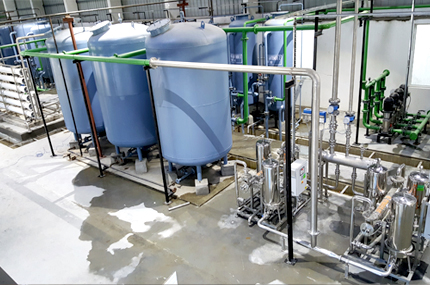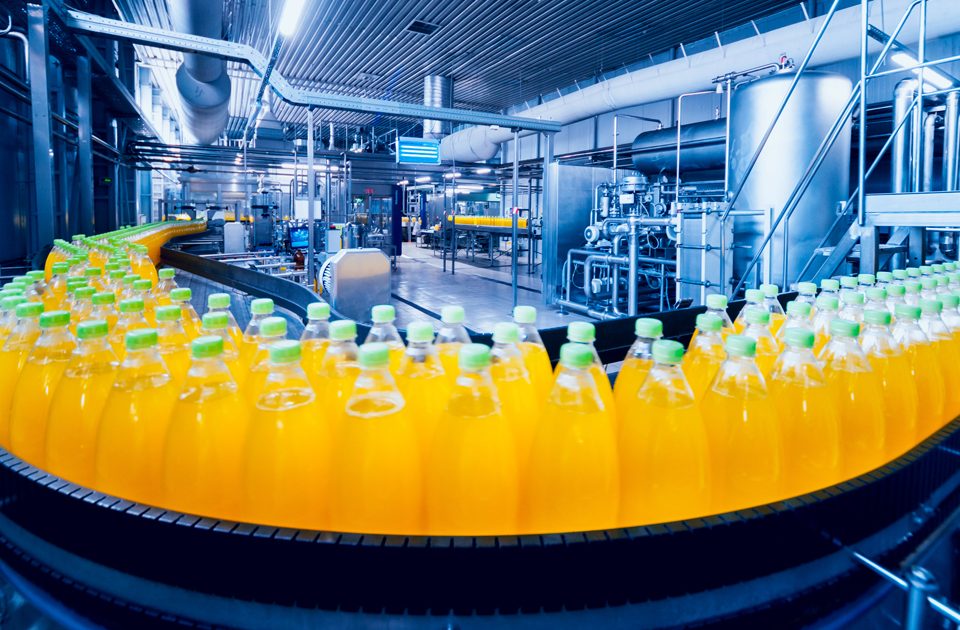Eco-Friendly Water Purification Solutions: How to Purify Water Without Harming the Environment
June 9, 2025
Understanding Water Contaminants: What You Need to Know to Keep Your Family Safe
June 10, 2025Current Challenges in Water Treatment
Water treatment faces significant challenges today. Contaminants in our water sources have become increasingly complex. From pharmaceuticals to microplastics, traditional methods struggle to remove these pollutants effectively.
Infrastructure issues also plague many regions. Aging facilities often cannot meet the demands of growing populations and stricter regulations. This leads to inefficiencies and potential health risks for communities relying on outdated systems.
Cost is another pressing concern. Many municipalities are grappling with budget constraints that limit investment in new technologies or upgrades to existing plants. This can hinder progress toward cleaner, safer water.
Regulatory compliance adds further strain as standards evolve rapidly. Water treatment facilities must continually adapt their processes, which can be both costly and time-consuming.
Climate change impacts the availability and quality of freshwater resources worldwide. Extreme weather events disrupt supply chains while increasing the burden on already strained systems.
Advancements and Innovations in Water Treatment Technology
Recent advancements in water treatment technology are reshaping how we address global water challenges. New filtration systems now incorporate nanotechnology, enhancing efficiency and effectiveness at removing contaminants.
Membrane bioreactors have gained traction as they combine biological processes with membrane filtration. This method allows for higher-quality effluent while reducing energy consumption.
Artificial intelligence also plays a pivotal role in optimizing treatment processes. AI algorithms analyze data to predict system performance, leading to timely maintenance and improved operational efficiency.
Another exciting innovation is the integration of renewable energy sources into treatment facilities. Solar-powered systems reduce reliance on traditional power grids, making operations more sustainable.
Modular water treatment plants are emerging as a flexible solution for communities facing fluctuating demand or infrastructure constraints. These units can be easily deployed and scaled according to specific needs, ensuring access to clean water when it matters most.
Sustainable Solutions for Water Treatment
Sustainable solutions in water treatment are gaining momentum, reshaping the industry for a better future. These methods focus on minimizing environmental impact while enhancing efficiency.
One notable approach is the use of natural filtration systems. Wetlands and biofilters harness nature’s own processes to purify water, reducing reliance on chemical treatments. This not only conserves energy but also supports local ecosystems.
Another innovative solution is decentralized water treatment systems. They allow communities to manage their resources more effectively, promoting self-sufficiency and resilience against climate change impacts.
Furthermore, advancements in membrane technology offer a powerful way to recycle wastewater efficiently. By repurposing greywater for irrigation or industrial uses, we can significantly cut down on freshwater consumption.
These sustainable strategies ensure cleaner water today while safeguarding our planet’s resources for generations to come. Embracing such innovations will redefine how we think about and implement water treatment practices moving forward.
Impact of Technology on Water Treatment Industry
Technology has reshaped the water treatment industry in profound ways. Automation and smart sensors enable real-time monitoring, ensuring better quality control. This shift minimizes human error and optimizes resource use.
Artificial intelligence plays a crucial role as well. Machine learning algorithms analyze vast amounts of data to predict system failures before they happen. This proactive approach saves time and money for operators.
Moreover, advancements in filtration techniques have emerged. Nanotechnology is revolutionizing how contaminants are removed from water sources, making processes more efficient than ever.
Mobile applications now empower consumers with information about their local water quality. Transparency fosters trust between providers and communities.
Collaboration tools enhance communication among stakeholders, leading to faster decision-making processes. The integration of technology cultivates innovation across the sector, paving the way for sustainable practices that were once thought impossible.
Conclusion
The landscape of water treatment technology is evolving rapidly. As we step into 2024, emerging trends highlight the urgent need for innovation in this vital sector. With increasing global population and industrial demands, traditional methods can no longer suffice.
Sustainability remains at the forefront of these advancements. New solutions that prioritize eco-friendliness are gaining traction. Technologies that minimize waste and energy consumption will shape how we manage our most precious resource.
Investment in research and development will continue to drive breakthroughs. The integration of smart technologies promises enhanced efficiency and real-time monitoring capabilities, allowing operators to anticipate issues before they escalate.
As environmental regulations become stricter worldwide, companies must adapt swiftly or risk falling behind. Embracing new techniques not only meets compliance but also opens avenues for growth and improved public perception.
Looking ahead, the future of water treatment technology holds great promise. Companies ready to embrace change stand poised to lead this evolution while ensuring safe drinking water for generations to come.


